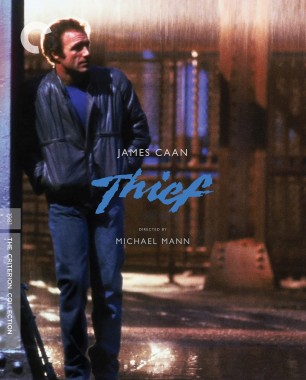
Hossein Amini’s Top10
The Iranian-British Hossein Amini received an Academy Award nomination for his 1997 screenplay adaptation of Henry James’s The Wings of the Dove and wrote the screenplays for Jude (1995), The Four Feathers (2002), and Drive (2011). In 2014, he made his directorial debut with The Two Faces of January, adapted from the novel by Patricia Highsmith and starring Viggo Mortensen. He writes, “I have been cherishing the films on the Criterion list for years and own a good many of them. I had to resort to mild cheating in the end, slipping in a few extra films under the guise of talking about their directors. Hopefully no one will mind.”
Photo courtesy of Magnolia Pictures
-
1
Michelangelo Antonioni
L’avventura
My favorite among Antonioni’s trilogy of alienation (La notte and L’eclisse are the other two). For me, these films capture the slow and painful death of love with astonishing intuition and almost no dialogue. There is nothing to be said between lovers when they fall out of love, but the silent agony of their dying relationships is captured in heartbreaking glances and body language. A shoulder turn or look away speaks volumes. Antonioni is a master of blocking actors. They move up close, far away, and out of shot in long single takes that reveal more about their emotions than any confession.
-
2
Jean-Luc Godard
Contempt
This was a film I watched again and again before making The Two Faces of January. Not only for the Mediterranean backdrop and colors but for the way it showed a woman falling out love with her husband over a single incident.
-
3
Louis Malle
The Fire Within
The best film about alcoholism I’ve ever seen. Not so much about drinking as the alcoholic’s search for meaning in a world that is slowly losing definition. Malle’s camera is also masterful at capturing the experience of being hammered.
-
4
Federico Fellini
La dolce vita
For all its other virtues, it is the party scenes that have stuck with me. I feel like I’ve been to many parties like these. Everyone having a good time on the outside while feeling helplessly lonely and insecure inside.
-
5
Jean-Pierre Melville
Le samouraï
Quick cheat again. I could easily have listed Le cercle rouge, Army of Shadows, Le doulos and Le deuxieme souffle, which are all in the Criterion collection. Melville is probably my favorite director and was a huge influence on the script of Drive. The cinema of process and silent taciturn heroes whose tough-guy exteriors hide lonely, fragile hearts.
-
6
Michael Mann
Thief
Like Melville, Michael Mann is a master of silent storytelling, but he is also one of the best writers of dialogue I know. There’s a scene between James Caan and Tuesday Weld in a diner that goes on for ten minutes, but you never get bored for a second. They go from being virtual strangers to lovers in the course of a conversation, and you don’t question it. Not only do his criminals feel authentic when they talk about their profession but their inarticulate attempts at declaring their love feel just as true.
-
7
Roman Polanski
Rosemary’s Baby
Set in a world that seems completely familiar and mundane—the devil could be our neighbor or sitting next to us in our local café. The experience is all the more terrifying for bringing horror into our everyday existence rather than keeping it at a safe fantastical distance.
-
8
Carol Reed
The Third Man
Probably the film I’ve watched the most. Harry Lime is arguably the most charismatic villain in cinema. Despite the terrible crimes he’s committed, I can’t help wanting him to escape in that extraordinary foot chase in the sewers of Vienna.
-
9
Akira Kurosawa
Ran
I could just as easily have picked Kagemusha. The beauty of the Samurai war film. Color-coded armor and banners and endless waves of soldiers attacking fortresses shrouded in mist. I read somewhere that Kurosawa painted the grass greener and the wheat fields yellower as part of his color scheme.
-
10
François Truffaut
Jules and Jim
The love triangle in this movie has probably been the biggest influence on my writing. Truffaut’s rivals aren’t out to destroy each other, they love each other as much as the woman they’re chasing, and this makes the conflict and complications all the more powerful. This film taught me that as a screenwriter you have to have compassion for all your characters, and that nothing is ever black and white.














